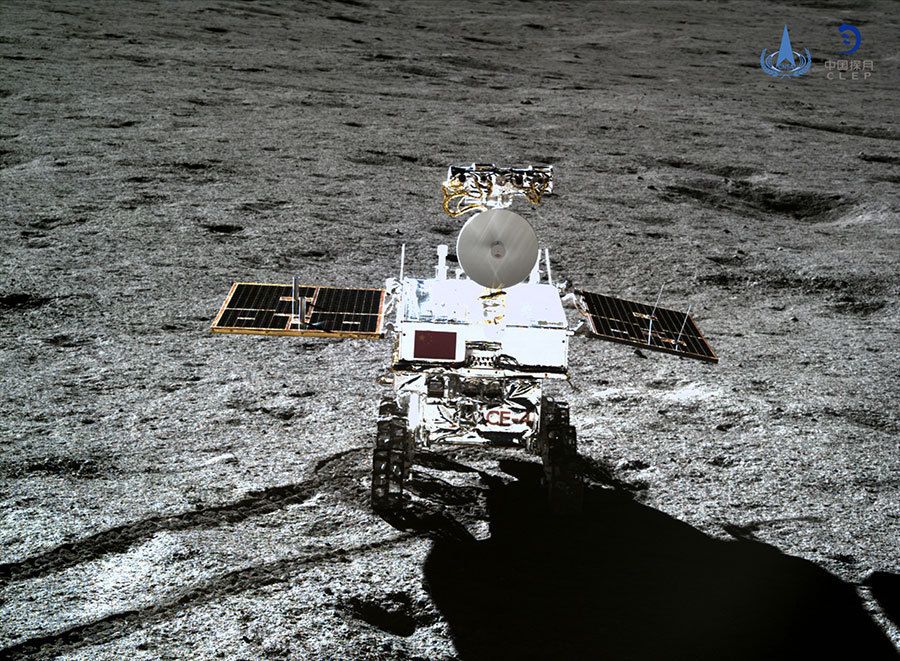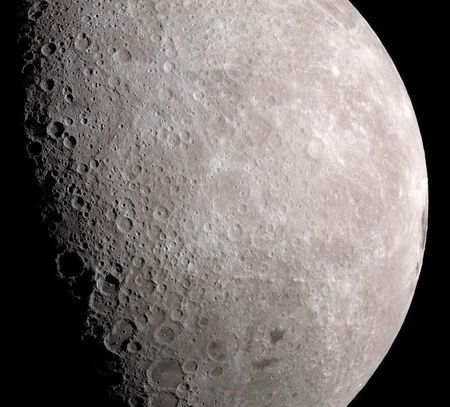Amazon enters the robot delivery fray.
Month: January 2019 – Page 32
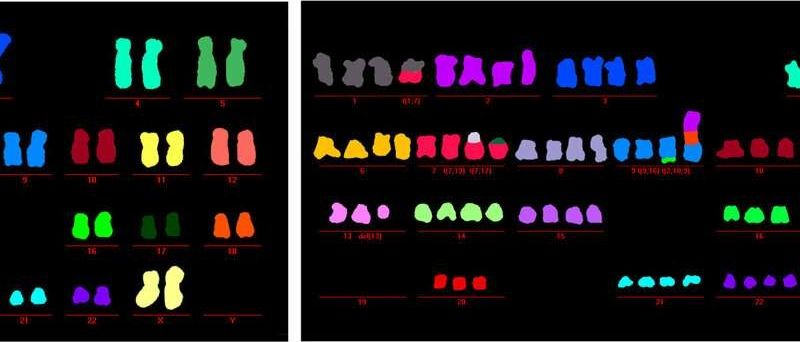
In surprising reversal, scientists find a cellular process that stops cancer before it starts
Just as plastic tips protect the ends of shoelaces and keep them from fraying when we tie them, molecular tips called telomeres protect the ends of chromosomes and keep them from fusing when cells continually divide and duplicate their DNA. But while losing the plastic tips may lead to messy laces, telomere loss may lead to cancer.
Salk Institute scientists studying the relationship of telomeres to cancer made a surprising discovery: a cellular recycling process called autophagy—generally thought of as a survival mechanism—actually promotes the death of cells, thereby preventing cancer initiation.
The work, which appeared in the journal Nature on January 23, 2019, reveals autophagy to be a completely novel tumor-suppressing pathway and suggests that treatments to block the process in an effort to curb cancer may unintentionally promote it very early on.
Ingestible Nanobots To Start Delivering Drugs Into Blood Vessels
A newly designed set of nanorobots could be the key to implementing a new global structure of administering medication using nanobots.

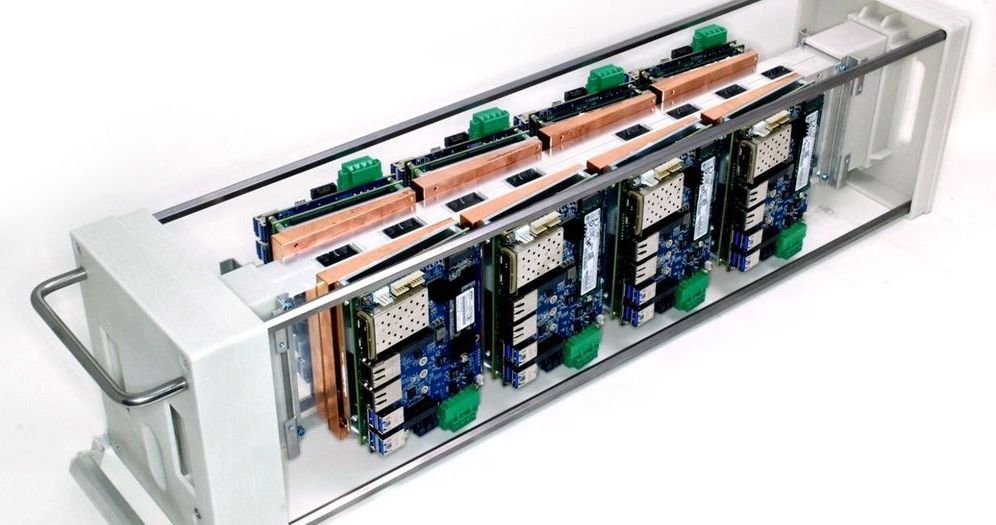
A Cooler Cloud: A Clever Conduit Cuts Data Centers’ Cooling Needs
The energy use of data centers is a major drag on resources, but they also use a lot of water. Any technology that increases their efficiency while reducing resource waste is a good thing.
“Now, Forced Physics, a company based in Scottsdale, Ariz., has developed a low-power system that it says could slash a data center’s energy requirements for cooling by 90 percent. The company’s JouleForce conductor is a passive system that uses ambient, filtered, nonrefrigerated air to whisk heat away from computer chips.”
The company that created it, Forced Physics, plans to install the technology in a pilot plant in February.

Don’t Bring Extinct Creatures Back to Life
What if woolly mammoths could walk the planet once again? De-extinction – or the process of creating an organism which is a member of, or closely resembles, an extinct species – was once a sci-fi fantasy only imaginable in films like “Jurassic Park.” But recent biological and technological breakthroughs indicate that reviving extinct creatures could become a reality. Even if advancements get us there, should we do it?
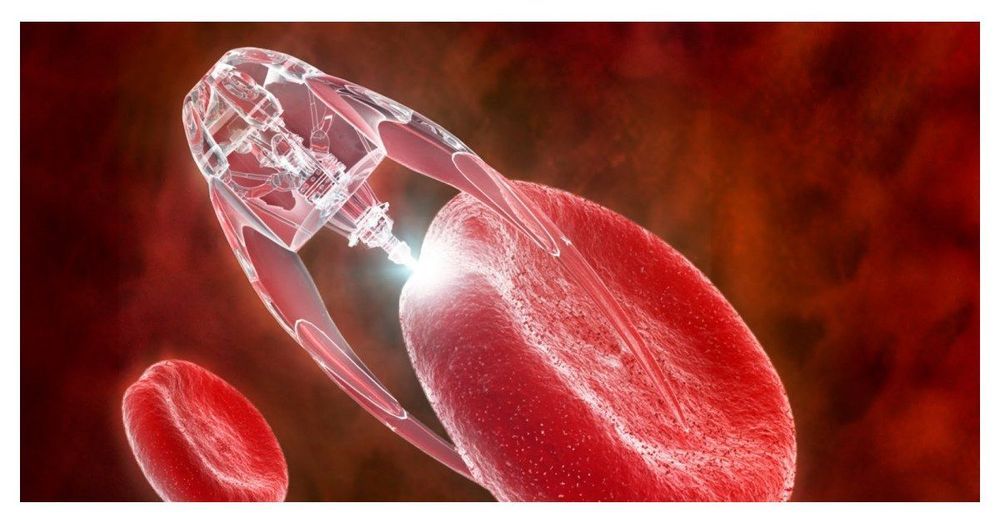
Aether and UCL Researchers Democratizing 3D Printed Nanotech at 2% of Competitor Cost
Aether collaborating with University College London and Loughborough University to develop 3D printing nanotechnology at a revolutionary low cost.
Erin Abbott [email protected]
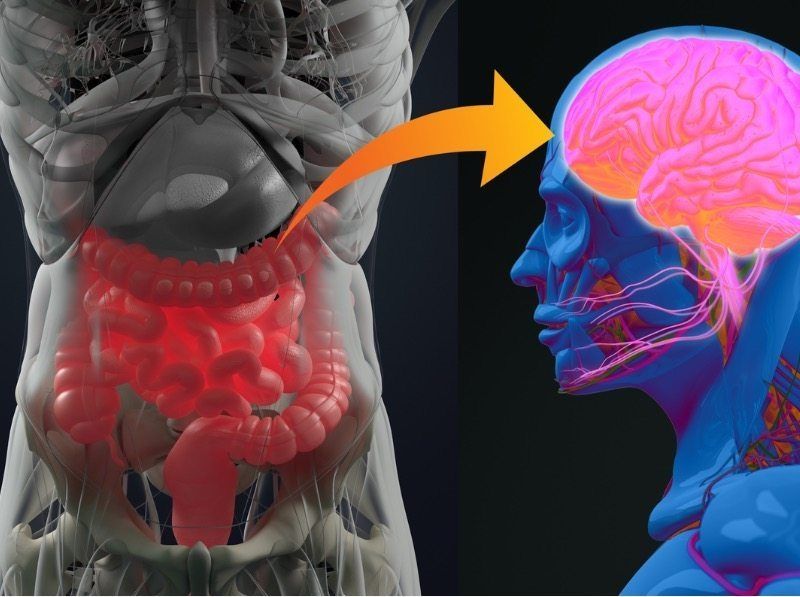
Common Food Additives May Promote Anxiety-Related Behavior In Mice
Food additives known as dietary emulsifiers, commonly found in processed foods to improve texture and extend shelf life, may adversely affect anxiety-related and social behaviors in mice, Georgia State researchers have found.
The scientists also observed sex differences in the mice’s behavioral patterns, suggesting that emulsifiers affect the brain via distinct mechanisms in males and females.
The study, published in Scientific Reports, was led by Geert de Vries, professor of neuroscience and associate vice president for research at Georgia State, and Benoit Chassaing, assistant professor of neuroscience. Andrew T. Gewirtz, professor in the Institute for Biomedical Sciences, also contributed.

Five Scenarios for a Techno-Apocalypse
Few people remember that the Panama Canal started out as a world-cringing disaster, with the French Company spending over $287 million and causing more than 20,000 deaths, before throwing in the towel and filing for bankruptcy. Again, this set the stage for a far more successful effort led by the U.S. that followed.
But what happens when we no longer fail forward? Or what if there are too many failures all at once?
We are more dependent on technology today, than ever before in history. And it’s rather obvious, as this trend continues, that we will use more technology in the future than we do today.
